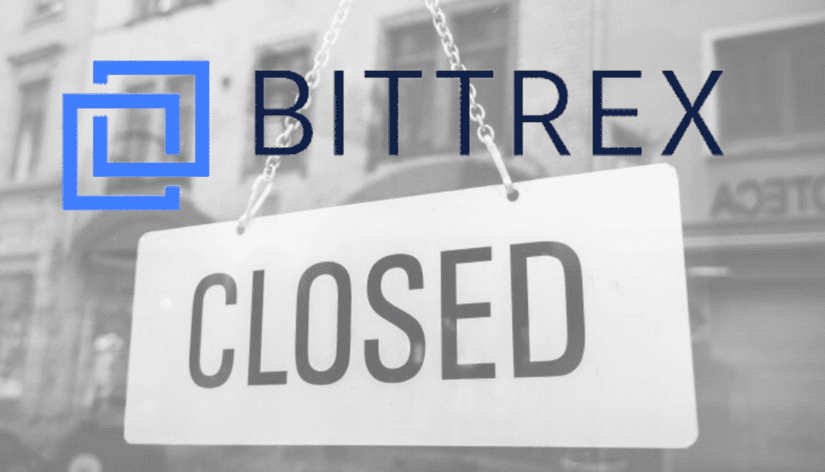Bittrex Global, the cryptocurrency exchange, recently announced its decision to cease operations, following in the footsteps of its U.S. subsidiary, Bittrex.US, which filed for bankruptcy and ceased operations several months ago.
The specified date for the completion of all trading operations on Bittrex Global is December 4, and the company urged users to complete all necessary transactions before that date, as only fund withdrawals will be available thereafter.
The exchange assures its users that all funds are fully secured. However, they emphasized the need for users to withdraw their assets in compliance with applicable laws and the platform’s Terms of Service.
It is important to note that these funds cannot be withdrawn directly in USD. Instead, to withdraw their associated balances, users must first convert them into cryptocurrencies or euros before the established cessation of operations.
On the other hand, users were warned not to make any deposits, as the reception cannot be guaranteed and could result in an irrecoverable loss of assets.

Reasons Behind Bittrex Closure
The company, regulated in Liechtenstein and Bermuda, did not provide a specific reason for this decision. However, this closure comes after Bittrex.US faced a lawsuit from the U.S. Securities and Exchange Commission (SEC), accusing them of operating a national securities exchange without the required approvals.
In response to these allegations, Bittrex Global CEO Oliver Linch previously expressed the intention to vigorously confront the legal actions filed by the SEC.
The closure of Bittrex.US took place in April, and in August, the subsidiary reached a $24 million settlement with the SEC to resolve the accusations.
Despite making the decision to cease operations, Bittrex Global stated that the company did not take this choice lightly and acknowledges the potential inconveniences it may cause to its users. The established deadline to halt all operations at Bittrex Global marks the end of an era for the platform.
The cryptocurrency industry is currently undergoing a significant increase in regulatory oversight in various countries, and the closure of platforms reflects the growing complexity and challenges associated with operating in this space.


